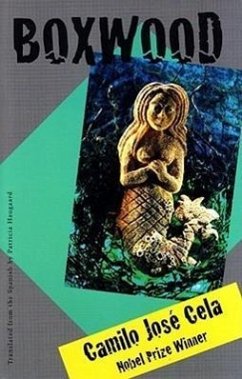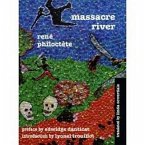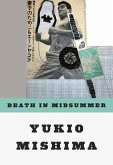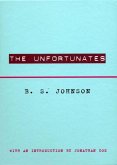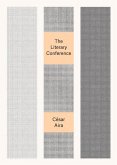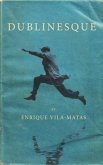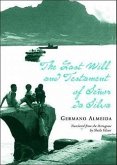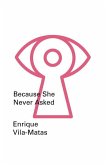Boxwood might perhaps be best described as a kind of whirlwind: a vortex of marvelous writing about folklore, traditions, superstitions, cooking, nautical disasters on the Coast of Death (ships from afar spilling cargoes of oranges, typewriters, iron ore, oil, spices), elements of nature both cruel and beautiful, whales, priests, witches, ghosts-sprinkled with various autobiographies-everything exquisite and crass in Cela's native home, Galicia, Spain. "If the Holy Ghost were a bat instead of a dove our religion would not be the one true faith and there would be fewer Catholics, and if he were a magpie or a jackdaw there would be none at all, the devil appears in the guise of a billy goat whose rump you kiss as a mark of homage and respect, the Holy Ghost could have been a swallow, but not a cormorant, the form taken by the Holy Ghost is well thought out, you immediately see the hand of God in it, Father Xerardino, the priest of San Xurxo, supposes the form might also have been a butterfly in all the colors of the spectrum..." (from Boxwood)

